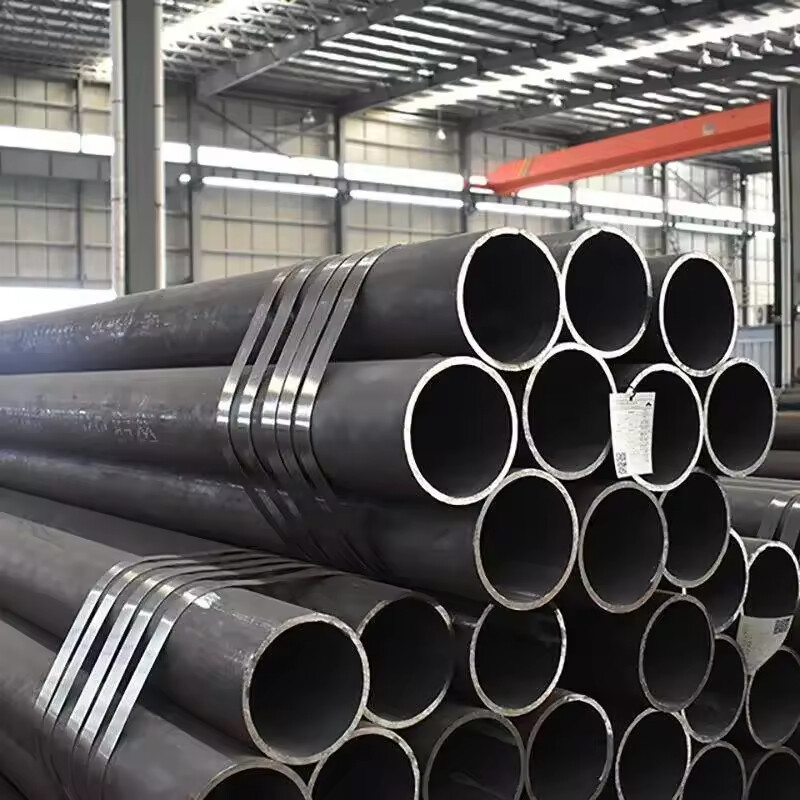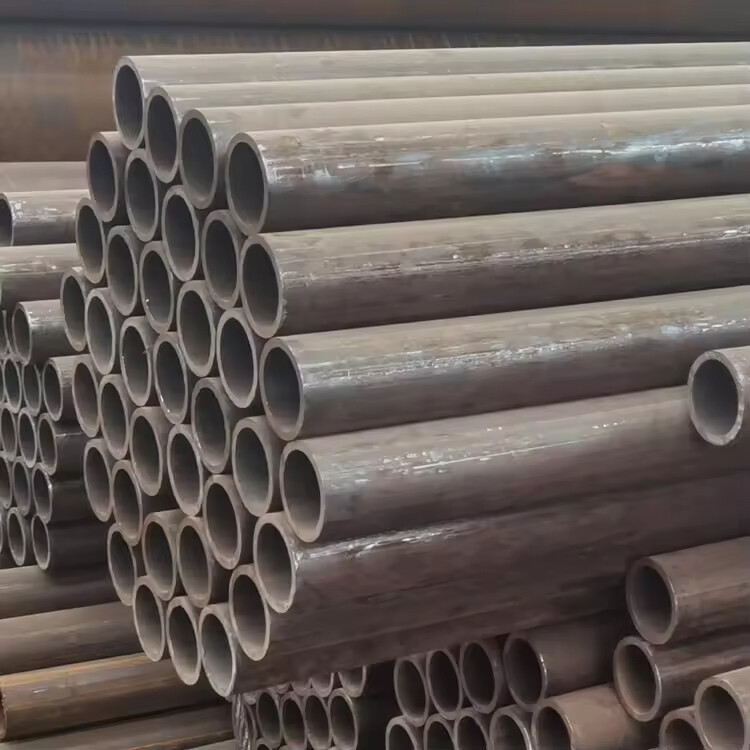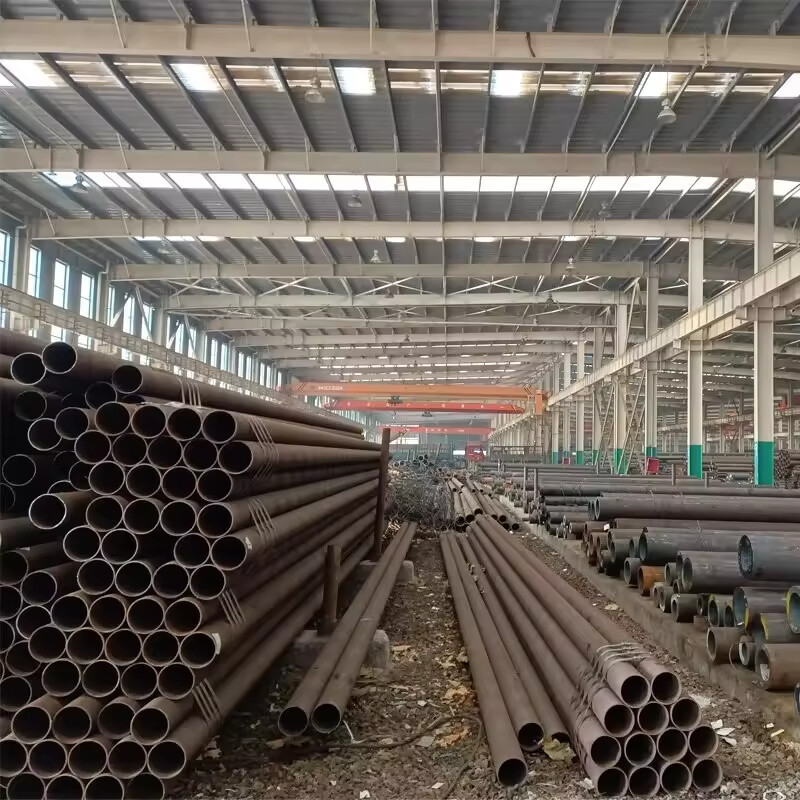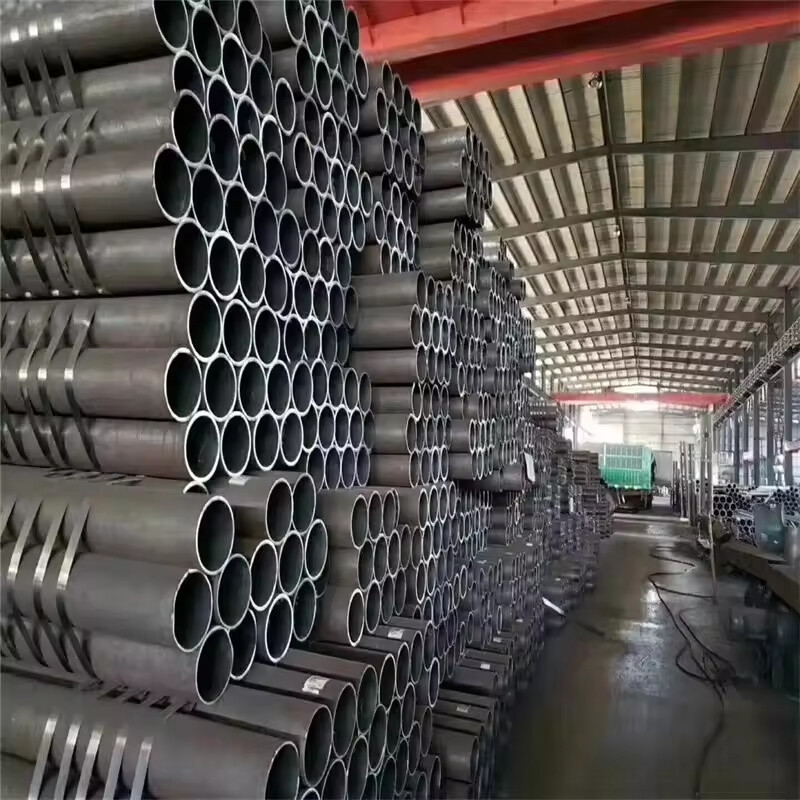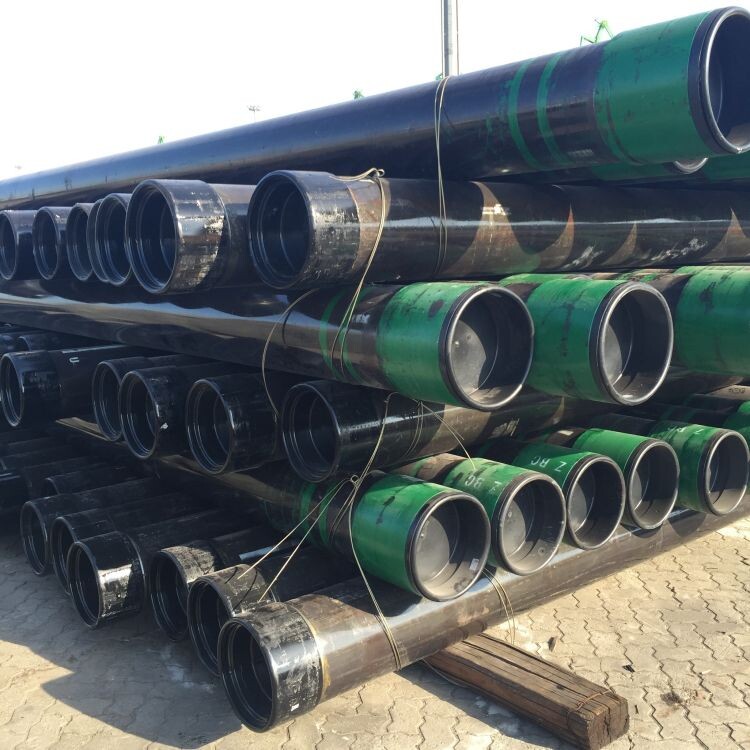Introduction:
1. Low MOQ and Flexible Production Ability.
2. Quick delivery and standard industry exporting package.
3. Best service with quick reply
4. OEM and ODM, welcome customers to visit our factory for better understanding;
5. Value friendship and trustworthy, devote to provide long-term service to our distinguished customers.
Product Introduction
Q235 steel is a common carbon structural steel, which is widely used in various industries and fields. Its chemical composition includes carbon, silicon, manganese, phosphorus and sulfur. Q235 steel has attracted much attention in the market due to its unique characteristics.
Chemical Composition of Q235 Steel
The carbon content (C) in Q235 steel is usually between 0.12% and 0.20%, which makes it moderately hard and strong. The silicon content (Si) is usually 0.30%, which helps to improve the plasticity and weldability of Q235 steel. Manganese content (Mn) between 0.30% and 0.70% plays an important role in enhancing the strength and toughness of Q235 steel. The contents of phosphorus (P) and sulfur (S) are usually controlled at very low levels, ≤0.045% and ≤0.050%, respectively, to ensure good machinability and corrosion resistance of Q235 steel.
As a commonly used structural steel, Q235 steel has significant advantages in many steels. The following are several key advantages of Q235 steel:
Good Plasticity and Weldability.
Plasticity refers to the property that a material can undergo plastic deformation under stress without breaking. Q235 steel has high plasticity and can adapt to various shapes and processing requirements. At the same time, it also has excellent weldability and can achieve reliable connection through various common welding methods, which is convenient for assembly and processing in the manufacturing process.
High Strength and Toughness.
Strength is the ability of a material to resist deformation and failure, while toughness is the property of a material to absorb energy and expand under stress. The high strength and toughness of Q235 steel enable it to withstand heavy loads and impacts, ensuring the stability and safety of the structure. This makes Q235 steel an ideal choice for the manufacture of highly loaded structures and load-bearing equipment.
Good Corrosion Resistance.
Corrosion resistance is the ability of a material to resist corrosion and oxidation. Q235 steel can resist corrosion under various environmental conditions and prolong service life. This makes Q235 steel widely used in outdoor construction, marine engineering and chemical equipment, and other fields.
High Cost-Effectiveness.
Due to its wide application and market demand, the production and supply of Q235 steel are relatively stable, and the price is relatively low. This makes Q235 steel an affordable choice in various industries, capable of reducing manufacturing costs and increasing competitiveness.
To sum up, the advantages of Q235 steel, such as plasticity, weldability, strength, toughness, and corrosion resistance, make it the material of choice for many industries and fields. Whether in construction, manufacturing, or other applications, choosing Q235 steel can meet the design requirements and guarantee the quality and reliability of the product. At the same time, its high cost-effectiveness also provides an economical choice for enterprises.
Construction/Indutry/Building/Chemical/Auto
Construction Sector:
Q235 is widely used in the field of construction. It is used in building structures, bridges, steel structural components, etc. Due to its high strength and good plasticity, Q235 steel can withstand various loads and mechanical requirements. At the same time, Q235 also has good corrosion resistance, and can maintain the stability and durability of its structure under different environmental conditions.
Manufacturing Field:
Q235 plays an important role in the manufacturing industry. It is widely used in the manufacture of mechanical equipment, auto parts, pipes and containers, etc. Due to the good machinability and weldability of Q235, it is easier to process and form. At the same time, the strength and durability of Q235 make it one of the ideal materials in manufacturing.
Engineering Field:
In the field of engineering, Q235 is widely used in supporting structures, piping systems and infrastructure construction. Its stable mechanical properties and corrosion resistance make Q235 one of the commonly used materials in engineering projects. Whether in construction engineering, bridge engineering or civil engineering, Q235 can meet various engineering requirements and provide reliable support and structural stability for engineering projects.
Energy Field:
Q235 is also used in the energy field. It is used in the manufacture of oil and gas pipelines and undertakes the important task of transporting energy. Due to the high strength, good weldability and corrosion resistance of Q235 steel, it is one of the ideal materials for pipelines.
Online Message
Other Products
Online Message

